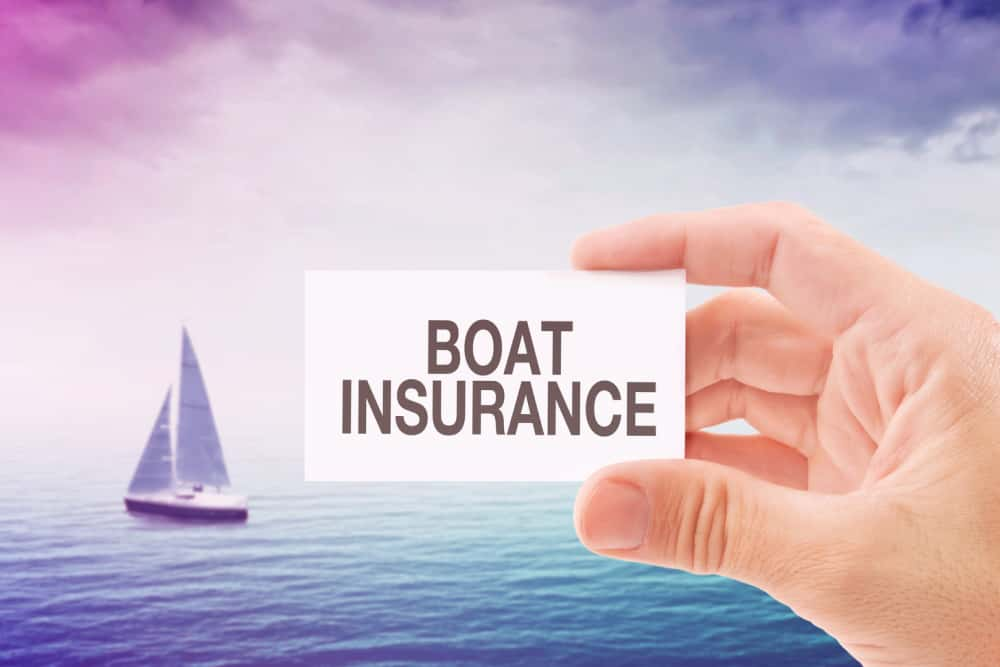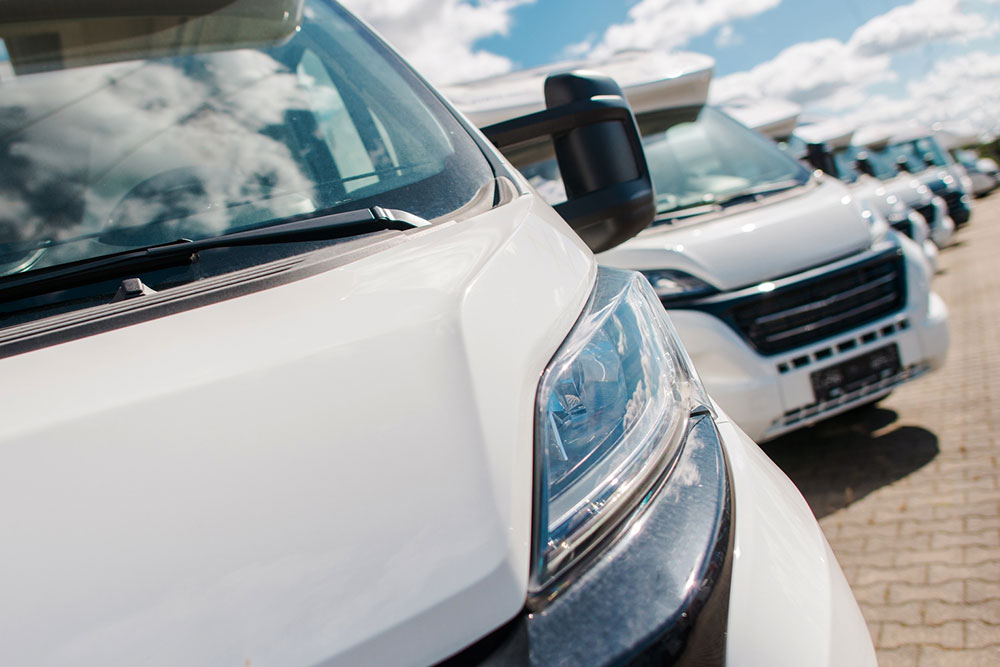13 common mistakes first-time home buyers should avoid

Nothing is more satisfying than having one’s own comfortable space to return to at the end of the day. However, in today’s world, characterized by unprecedented population growth and rising real-estate prices, buying a home remains a distant dream for many. Furthermore, several individuals trying to buy homes are unprepared for certain challenges they may face. Keep reading to learn about common mistakes home buyers should avoid while investing in real estate.
Exceeding one’s set budget limit
Often, home buyers get carried away by the additional amenities and space offered by properties beyond their budget range and face the consequences of huge EMI installments later. While expensive houses may offer more facilities, home buyers must stick to their budget ranges for optimal financial planning and to avoid debt traps.
Not being pre-approved
Being pre-approved to buy a home can significantly boost one’s house hunt. It can help buyers understand what denomination of the total house price they can afford and to what extent they would require help. Buyers can also determine a budget range by getting pre-approval from mortgage lenders. This process helps them look for affordable homes and stay within their set limit. Thus, although a pre-approval is not a final mortgage approval, it gives buyers a sense of security and increases their appeal among sellers.







